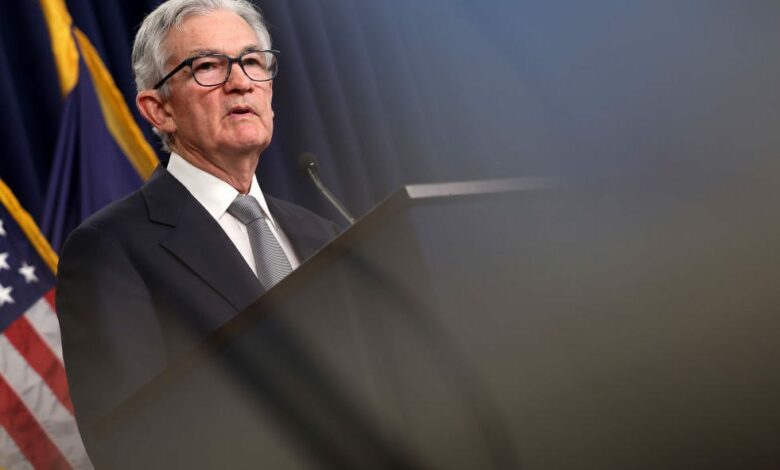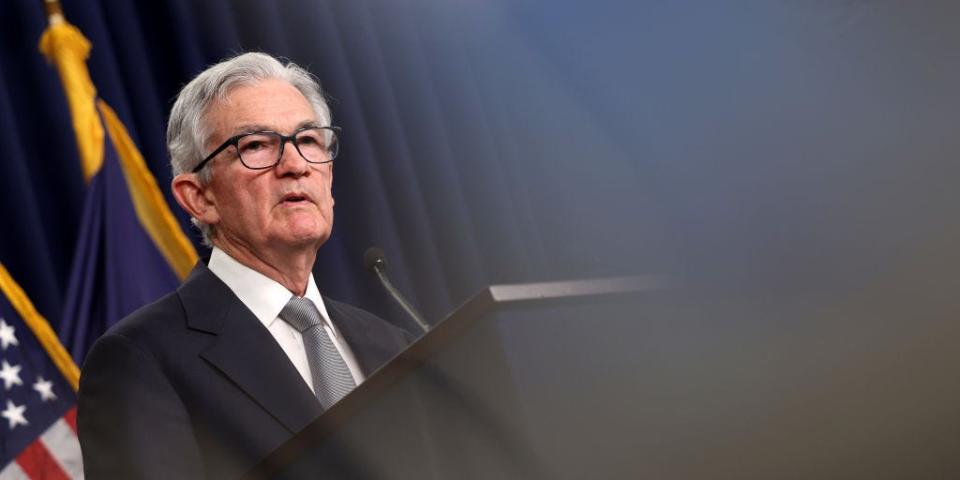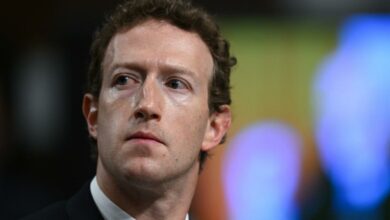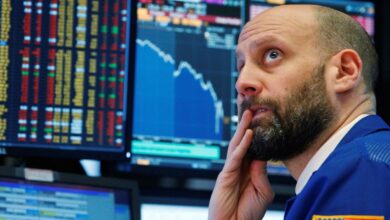Markets could tank if the Fed doesn’t cut rates soon, and failure to do so could lead to a hard landing in 2025, chief economist says


-
A no rate cut scenario risks fueling a hard landing in 2025, Apollo chief economist Torsten Slok told Bloomberg TV.
-
He expects stocks to slowly lose momentum, which could fuel massive losses in a higher rate environment.
-
Slok has cited runaway inflation and the hot economy as reasons why the Fed won’t cut.
Equity strength can’t last if the Federal Reserve keeps interest rates unchanged, Torsten Slok told Bloomberg TV on Tuesday.
If rates aren’t slashed this year, the stock market’s ongoing “sugar high” will melt away, as the negative consequences of hawkish policy continue to bear out.
“It is already biting hard on highly levered consumer balance sheets, highly levered corporate balance sheets and also hard on banks and regional banks,” the Apollo chief economist said:
“As that sugar high starts to fade, if the stock market doesn’t continue to go up, you will eventually get that effect to begin to dominate. And that’s probably what we get in 2025, when you ultimately will then get the risk of a hotter landing.”
In this environment, Slok cautioned that the market would be reminiscent of 2022, as stocks fell against rising rates.
The stock market ended that year in a deep bear market, and the benchmark S&P index shed 18%.
Despite his warnings of the risks posed by high rates, Slok doesn’t see strong chances of a Fed rate cut and has been among the first to suggest that monetary policy will remain unchanged this year. Underlying reasons include the US economy’s surprising strength, and rising inflation figures across a slew of sectors, a point he doubled down on in the interview.
His comments come as investors have turned doubtful about the potential for a rate cut in June, once held up as the most likely month for interest rate easing. While markets are now pricing in these odds for September, some have gone as far as to suggest possible rate hikes, if the Fed wants to clamp down on inflation. Slok doesn’t agree with that outlook, however.
“I think they rather, from a transmission mechanism perspective, keep rates high for a little bit longer, maybe one or two quarters, and then achieve their goal of getting the economy to slow down.”
Read the original article on Business Insider
Source link




